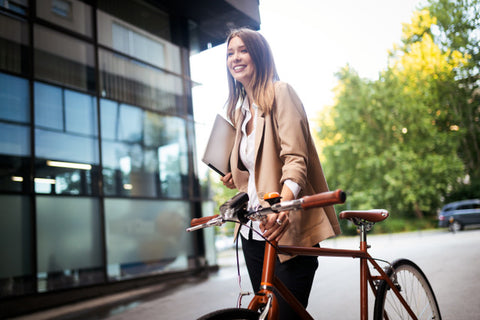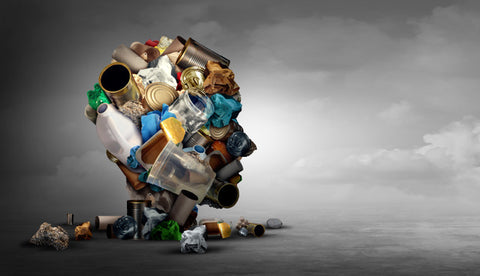Why does sustainability matter?
First of all, what is sustainability?
There are a lot of definitions about sustainability, but the original and simplest definition came from the United Nations Brundtland Commission in 1987 as “meeting the needs of the present without compromising the ability of future generations to meet their own needs.” One of the most important points of the development of sustainability is the fact that the population is increasing and getting older. By 2100 there will be more than 10 billion people on Planet Earth which means that there is an urgent demand for increased supplies and energy. A move from finite fossil fuels to sustainable resources has to be done, otherwise we will drive ourselves to our own end by the environmental damage.

Why should I care?
Think of your children, your grandchildren, their children and all future generations that will -hopefully- live on Planet Earth. Every step you take and any decision you make will affect their future, so you want to be sure to make all your decisions carefully and wisely. More often than not, a small change can have large and impactful results.
A great example of a small change with big results is trading in plastic disposable bottles in favor of a reusable drinking bottle. Humans consume one million plastic bottles per minute, and continuing on that path is absolutely not sustainable, not to mention that the damage it does to the environment is vast. You can also simply buy almond milk instead of cow's milk; or what about rice milk, soy milk, oat milk, coconut milk, hemp milk, cashew milk or flax milk? The alternatives are many and they are all delicious and nutritious.
What can I do?
There is a lot you can do! Here are some of the most important steps we can take to make the world a better place, but we need to make these changes now so we can have the biggest impact sooner rather than later.

Eat plant-based foods
Eating more plant-based foods is the number one way to support sustainability, according to the Harvard T.H. Chan School of Public Health. Among the benefits of eating a plant-based diet are: improved health, saving animal lives, alleviating world hunger, reducing the impacts of climate change, saving water, minimizing agricultural land use and many more.
The environmental footprint of livestock farming is vast. It leads to land and water degradation, biodiversity loss, acid rain, coral reef degeneration and deforestation. Livestock farming contributes 18% of greenhouse gas emissions worldwide. This is huge as it is actually more than all emissions from ships, planes, trucks, cars and all other forms of transportation together. Furthermore the production of meat is highly inefficient. It requires 55 pounds of grains – to feed the animal - and 4,000 gallons of water to produce one kilogram of beef. 30% of the earth’s land surface is used for livestock farming. We could feed an extra 3.5 billion people if we ate the grains directly. In addition, 80% of all antibiotics in the US are consumed by the livestock industry. High meat consumption is linked to several diseases, including heart disease, stroke, diabetes and various cancers.

Transportation
There are a lot of cars around so why carpool?. Or if possible and even more sustainable, take public transportation. Doing something good for your body while going from point A to point B is an added bonus. Take a bike, skateboard, run or even just walk!

Recycle and reduce waste
Putting things in the trash instead of recycling them correctly is harmful for our planet. Among other things, it contributes to the pollution of our soil, oceans and water sources. Start a compost bin at your house, separate and recycle plastic, glass bottles and cans correctly. Use reusable containers and buy a durable drink bottle. These small changes all contribute to BIG effects on our environment, and if we don't do it; who will?
Now that you are aware of the small changes we can all make to generate a big impact on the environment, you can get started! There are many more things we can do, but we want you to enjoy life and not spend your life reading our blog, SO... get yourself together and rescue the future, be a game changer; and as Mahatma Ghandi said: "Be the change you want to see in the world".
Sources:
https://academicimpact.un.org/content/sustainability
http://www.being-here.net/page/6660/why-should-we-be-sustainable
https://www.bbc.com/news/science-environment-46654042
https://www.chariscounselingcenter.com/blog/how-do-you-define-family/
https://www.runnersworld.com/nutrition-weight-loss/a23566499/tips-for-eating-more-plants/
https://blueandgreentomorrow.com/sustainability/sustainable-eating-going-vegan/
https://www.pcrm.org/news/blog/how-eating-more-plants-can-save-lives-and-planet

